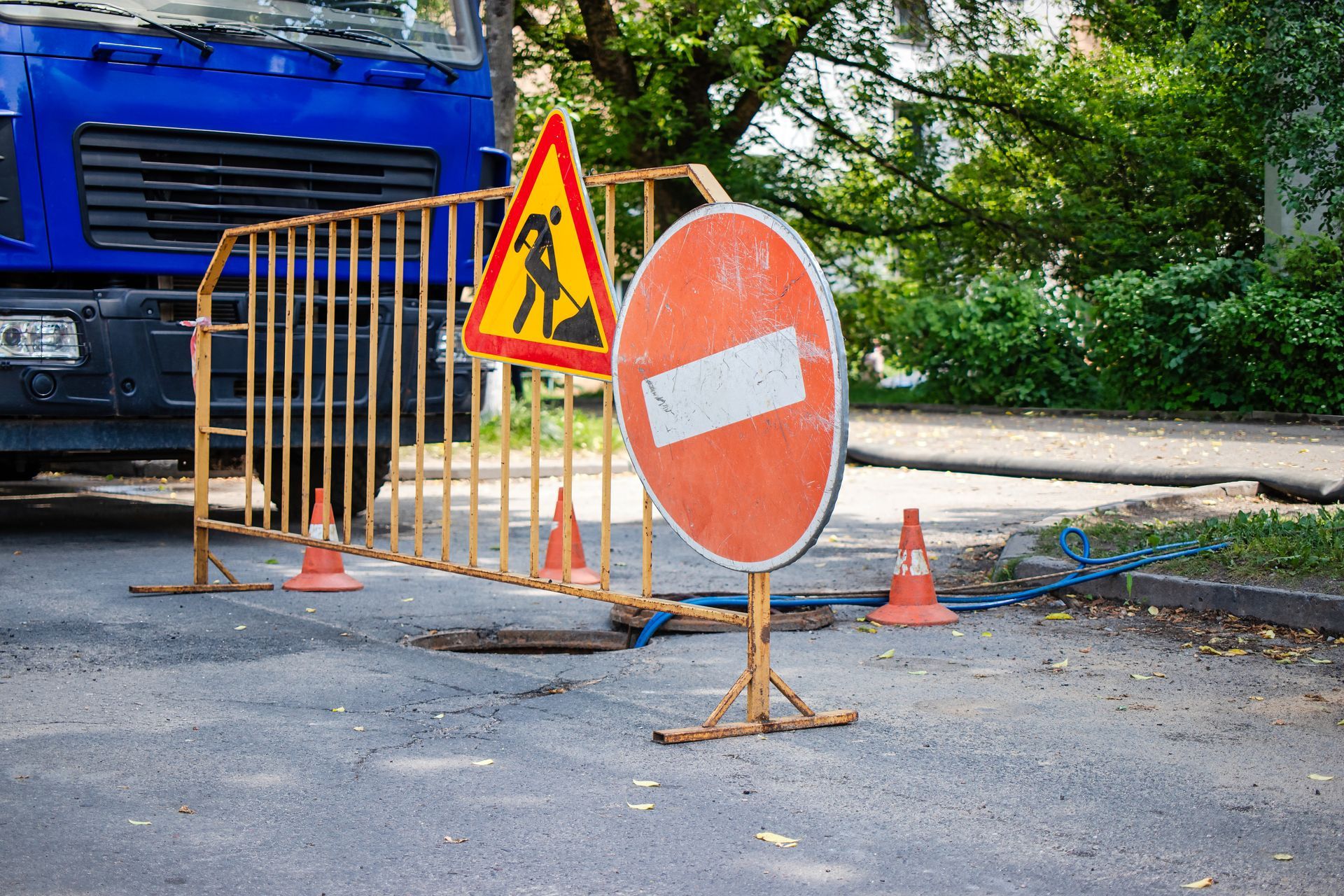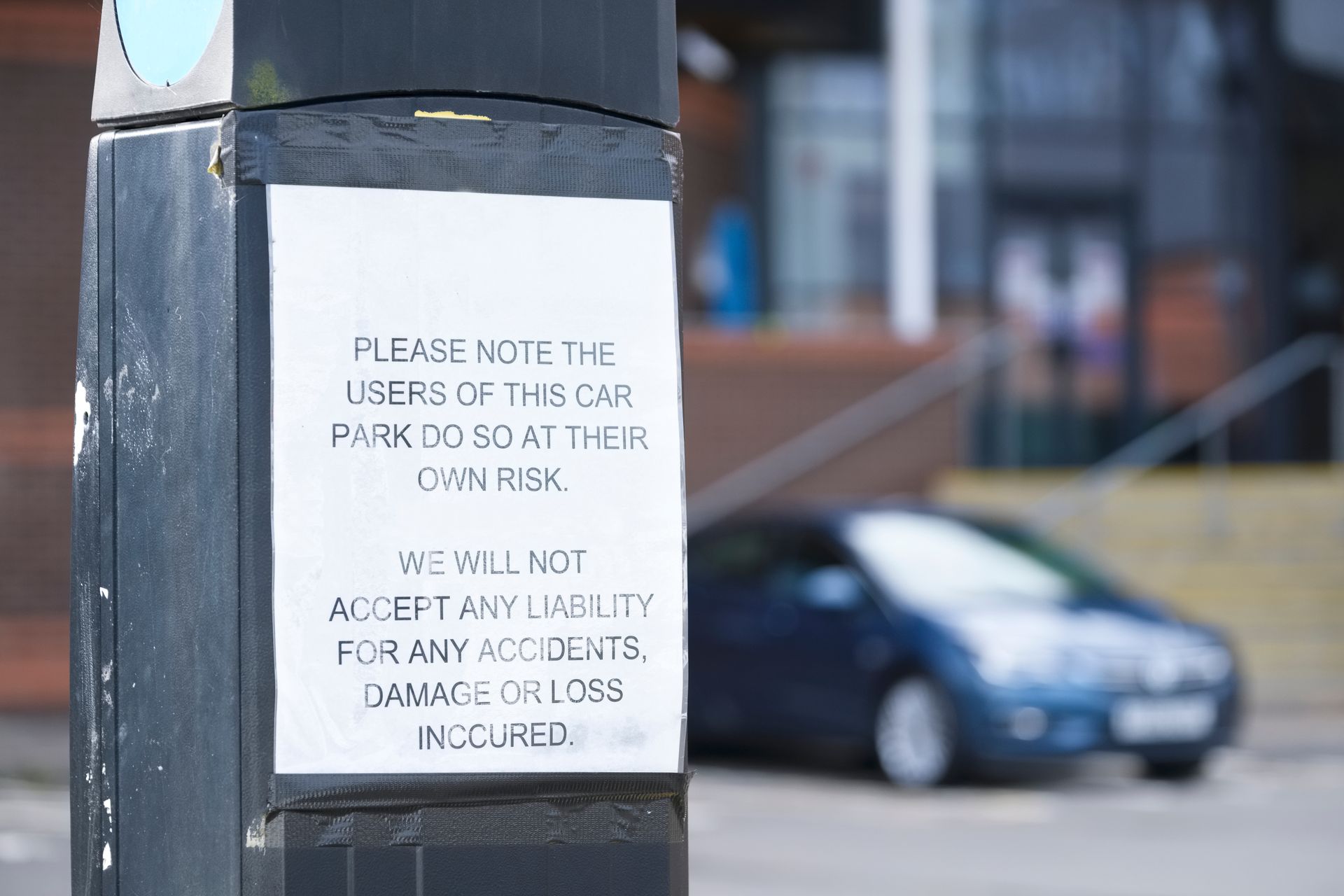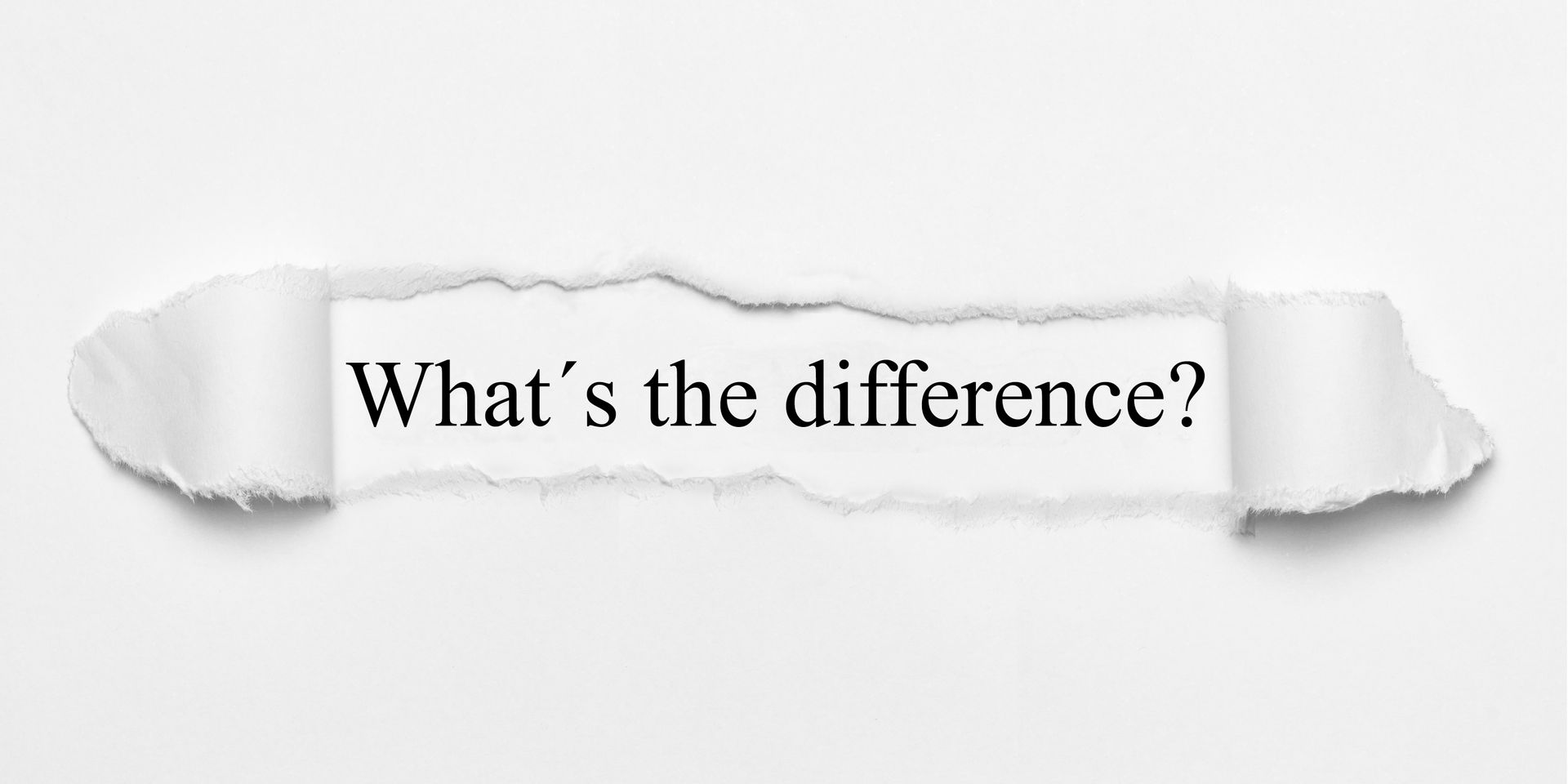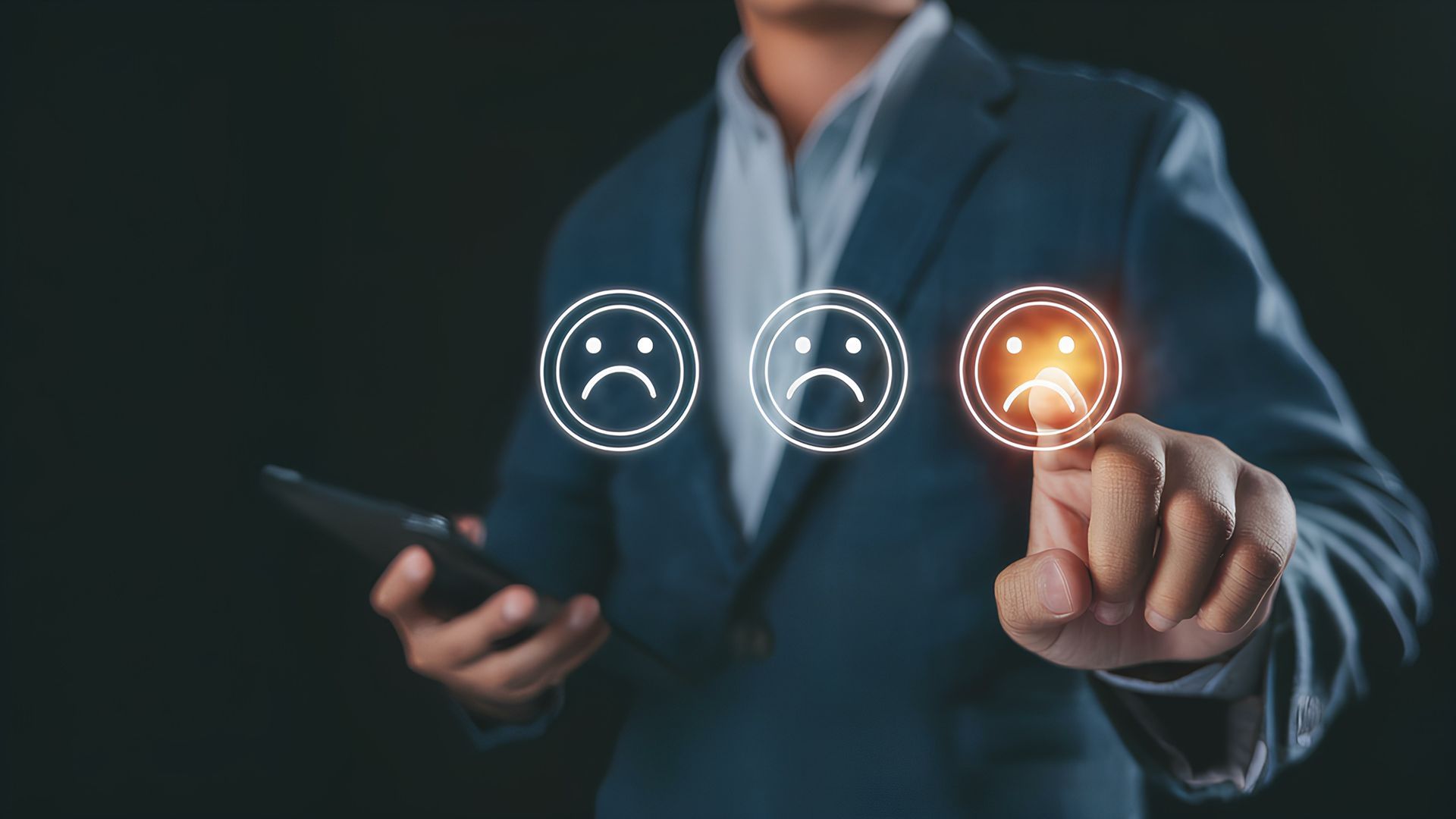Blog

Being the target of litigation is one of the most stressful aspects of business ownership. Whether it's someone claiming they were injured on your property or by one of your employees, a contact dispute or another cause, defending against legal actions can be costly and time consuming. Even a claim that has a questionable basis in fact or law can have serious consequences on a company.
You may have a variety of avenues for resolving the issue, including informal negotiations, alternative dispute resolution methods or defending your business in court with the help of experienced business litigation attorneys.
Understanding Corporate Litigation
Causes of corporate litigation can range from personal injury lawsuits against your business or intellectual property infringement to employment issues and regulatory compliance matters. Not all business litigation attorneys offer the same level of expertise in every type of corporate litigation. For example, if you’re embroiled in a dispute over intellectual property, you will likely best be served by an intellectual property lawyer. If your business is being sued by someone claiming they were injured by your products, services or on your property, you will likely want to consult with a business liability defense attorney, like those at the Law Office of Cameron Hawkins.
Steps to Defend Your Business
Preparation and Risk Assessment
Before taking any legal action, your business should always conduct a thorough risk assessment and evaluate the potential consequences that come with litigation. Be sure to identify the strengths and weaknesses of your case, assess the credibility of opposing claims and consider the financial and reputational risks involved. If the disadvantages of litigation outweigh the advantages, it’s probably best to choose a different legal avenue.
Engage Competent Legal Counsel
Not every attorney will have experience in the practice area relevant to your case – and they may or may not have adequate trial experience to represent you effectively in court. It’s important to find an attorney who is actively practicing in the type of law relevant to your dispute. In types of cases where a trial is likely, it’s important to work with attorneys who have experience defending businesses against claims like the one you’re facing.
Our business liability defense lawyers have extensive experience defending business from all types of injury claims.
Document Management and Preservation
Document management and preservation are also critical in corporate litigation. It’s important to preserve all relevant documents, including contracts, correspondence, emails, financial records and any other evidence applying to the case. It’s in every business’s best interest to implement document retention policies and procedures to make sure that, if litigation does arise, key evidence will be available and accessible.
Negotiation and Alternative Dispute Resolution (ADR)
Negotiation is often the preferred method of resolution and can allow businesses to reach compromises without the cost of a more formalized process or full trial. in cases where parties can’t reach a workable compromise during negotiations, alternative dispute resolution (ADR) options such as mediation or arbitration may offer faster and more cost-effective ways to resolve disputes without a full trial.
Develop a Strong Defense Strategy
Work closely with your legal counsel to develop a comprehensive defense strategy tailored to the specifics of your case. An experienced attorney should be able to identify key legal issues, factual disputes and develop a clear and persuasive argument to support your position. Litigation is rarely smooth sailing, so you should expect potential challenges and objections from opposing parties, even if you believe your initial position is clearly superior.
Courtroom Advocacy and Litigation Management
Not every business dispute will be decided by a judge, but hiring an experienced litigator from the outset of the process can still be beneficial. An experienced trial attorney will work under the assumption that a trial may be inevitable and prepare your case with a detail-oriented and methodical approach that ensures they’re prepared to make a compelling case before a judge. This legwork will also be beneficial during pre-trial negotiations and during any ADR processes.
Compliance and Risk Mitigation
Finally, you should continue to take proactive measures to address compliance issues and reduce risks of future litigation. For example, one of the best ways for businesses to defend themselves from injury claims is by ensuring employees are trained to make injuries on your property less likely. An attorney may be able to help identify areas that may leave you vulnerable to future liability claims to reduce the risk of future litigation.
Get Help From an Experienced Business Liability Defense Attorney in Atlanta
If someone is claiming that your business or one of your employees caused their injury, the team at the Law Office of Cameron Hawkins is here to help. Our firm is dedicated to exceeding expectations for your business's legal needs with meticulous case preparation and attention to detail.
Reach out to us today by dialing (678) 921-4225 or schedule a complimentary consultation through our website.











